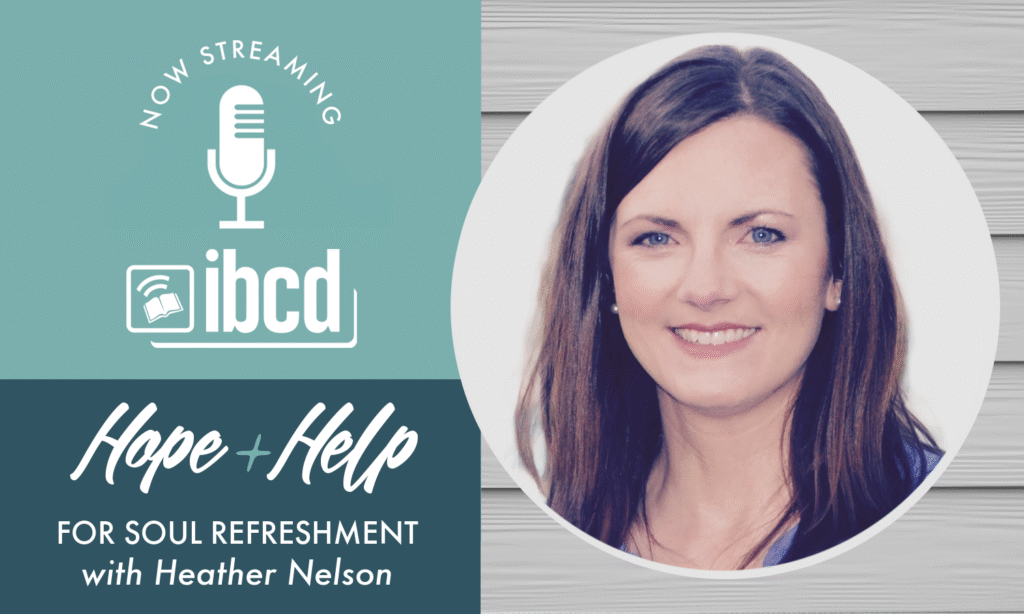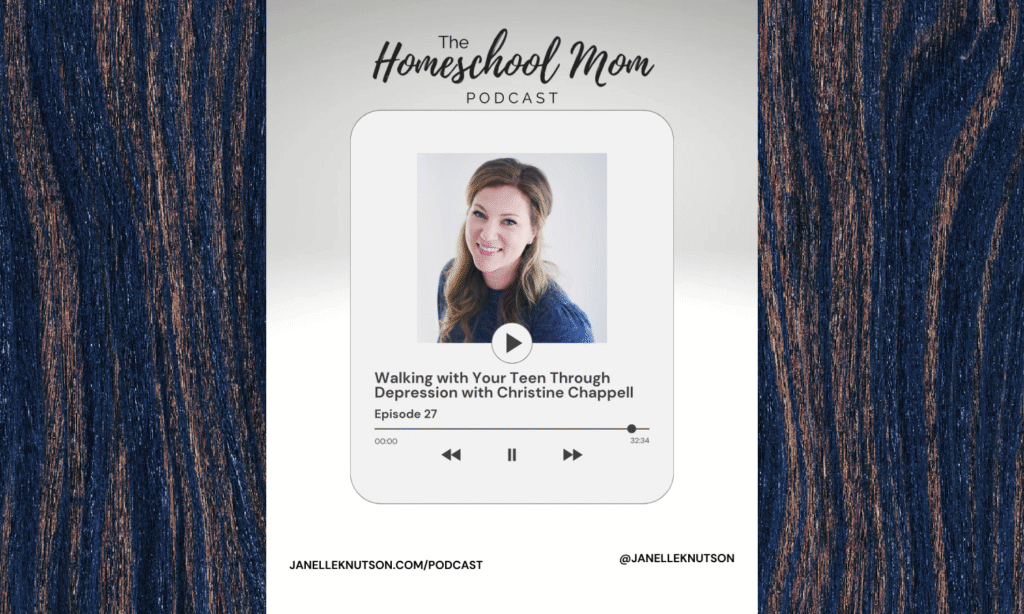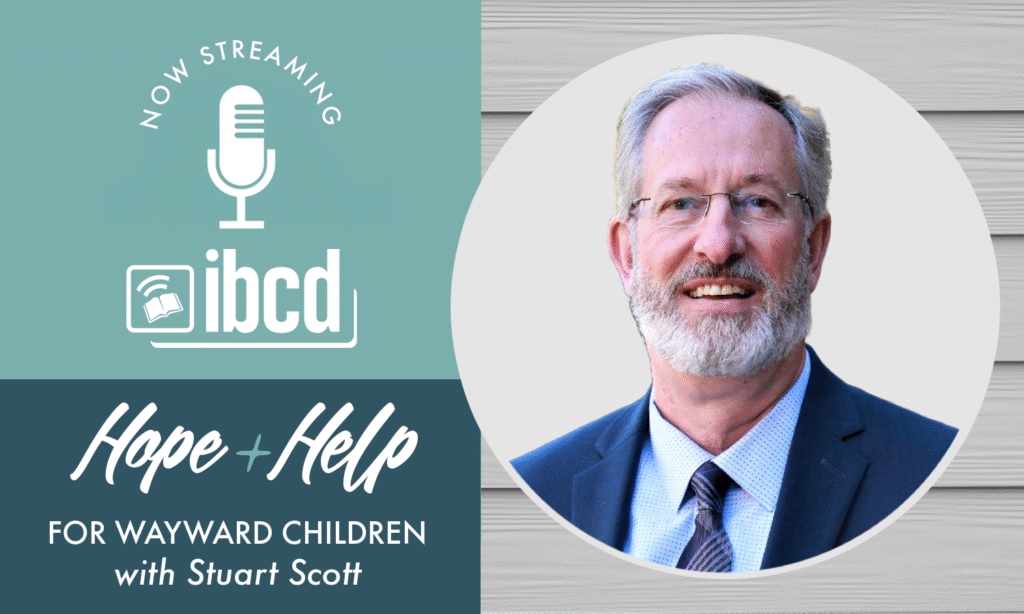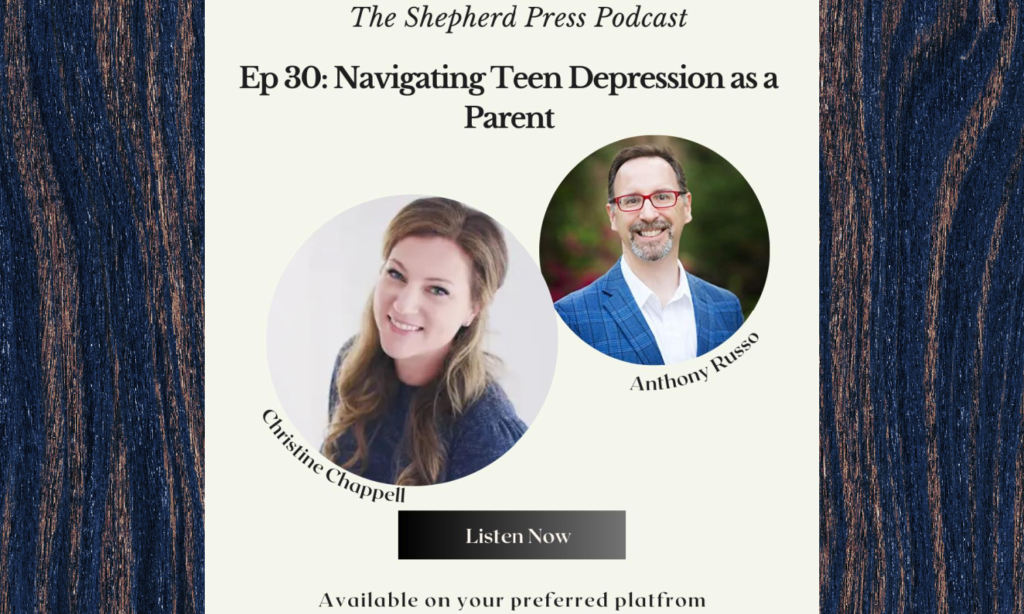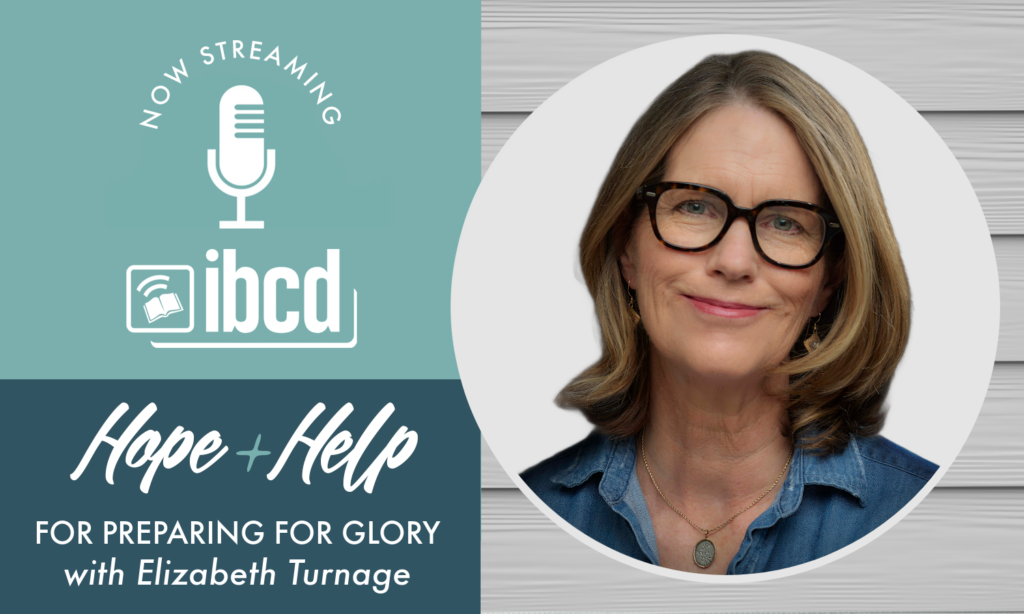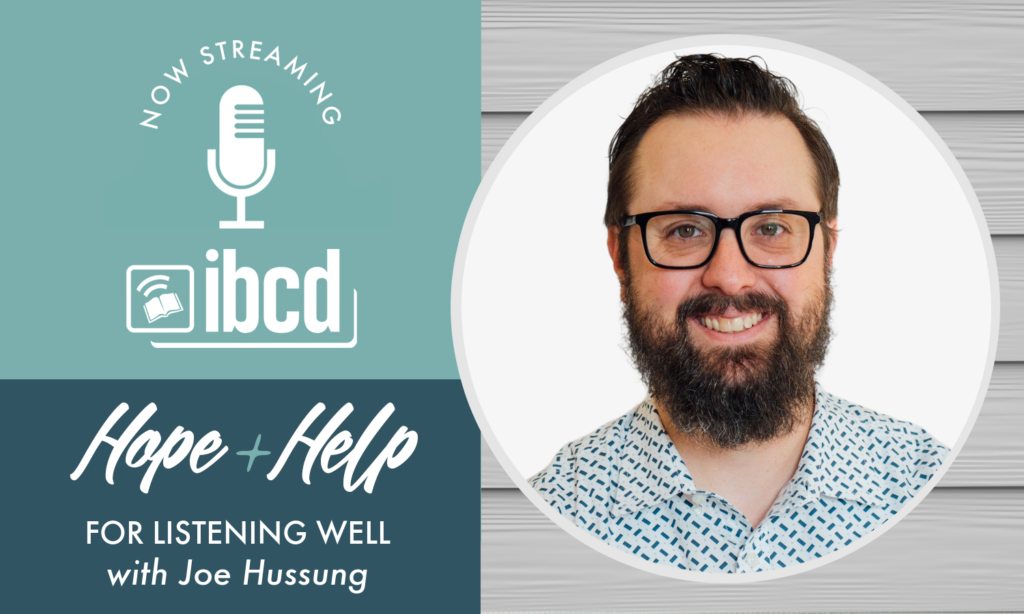Recently, I was reading 2 Corinthians 1:4, reminding myself how God’s comfort is meant to be passed through to his children like a conduit of blessing—from one afflicted person to another. I had always put my focus on the word “comfort” for an obvious reason. The word is used six times in three verses:
Blessed be the God and Father of our Lord Jesus Christ, the Father of mercies and God of all comfort, who comforts us in all our affliction, so that we may be able to comfort those who are in any affliction, with the comfort with which we ourselves are comforted by God. For as we share abundantly in Christ’s sufferings, so through Christ we share abundantly in comfort too. (2 Corinthians 1:3-5 ESV)
Although my main focus when reading this passage has always been on the comfort of God given to us through Christ, this time was different. My attention was drawn to two unassuming words that I'd quickly glossed over in times passed: all and any.
All the comforts of God for all our afflictions—any possible affliction under the sun is eligible.
It suddenly dawned on me that one of the main points in this passage is the sufficiency of God’s comfort to meet us in any and all afflictions—even the ones we treat as taboo or stigmatized or insignificant. God’s comfort isn’t only for the uncomfortable interruptions we experience in life; not just for the trivial and menial inconveniences we grumble through. God’s comfort isn’t only for the life-changing moments when the world seems to crumble at the drop of a dime. God’s comfort isn’t only for the hospital room, the cemetery, the jail cell, or the Sunday pew. God’s comfort isn’t just for body ailments or spiritual ailments or some mysterious mix of the two.
God’s comfort is all-sufficient for all our afflictions—for any kind of affliction. All. Any. Nothing is excluded. Nothing is off-limits. That is good news. It means we don't have to look elsewhere but God's word for our hope and help (Psalm 119:49-50, 2 Timothy 3:16, Hebrews 4:12, Romans 15:4).
Blessed be the God and Father of our Lord Jesus Christ, the Father of mercies and God of all comfort, who comforts us in all our affliction, so that we may be able to comfort those who are in any affliction, with the comfort with which we ourselves are comforted by God. For as we share abundantly in Christ’s sufferings, so through Christ we share abundantly in comfort too. (2 Corinthians 1:3-5 ESV)
Although my main focus when reading this passage has always been on the comfort of God given to us through Christ, this time was different. My attention was drawn to two unassuming words that I'd quickly glossed over in times passed: all and any.
All the comforts of God for all our afflictions—any possible affliction under the sun is eligible.
It suddenly dawned on me that one of the main points in this passage is the sufficiency of God’s comfort to meet us in any and all afflictions—even the ones we treat as taboo or stigmatized or insignificant. God’s comfort isn’t only for the uncomfortable interruptions we experience in life; not just for the trivial and menial inconveniences we grumble through. God’s comfort isn’t only for the life-changing moments when the world seems to crumble at the drop of a dime. God’s comfort isn’t only for the hospital room, the cemetery, the jail cell, or the Sunday pew. God’s comfort isn’t just for body ailments or spiritual ailments or some mysterious mix of the two.
God’s comfort is all-sufficient for all our afflictions—for any kind of affliction. All. Any. Nothing is excluded. Nothing is off-limits. That is good news. It means we don't have to look elsewhere but God's word for our hope and help (Psalm 119:49-50, 2 Timothy 3:16, Hebrews 4:12, Romans 15:4).





